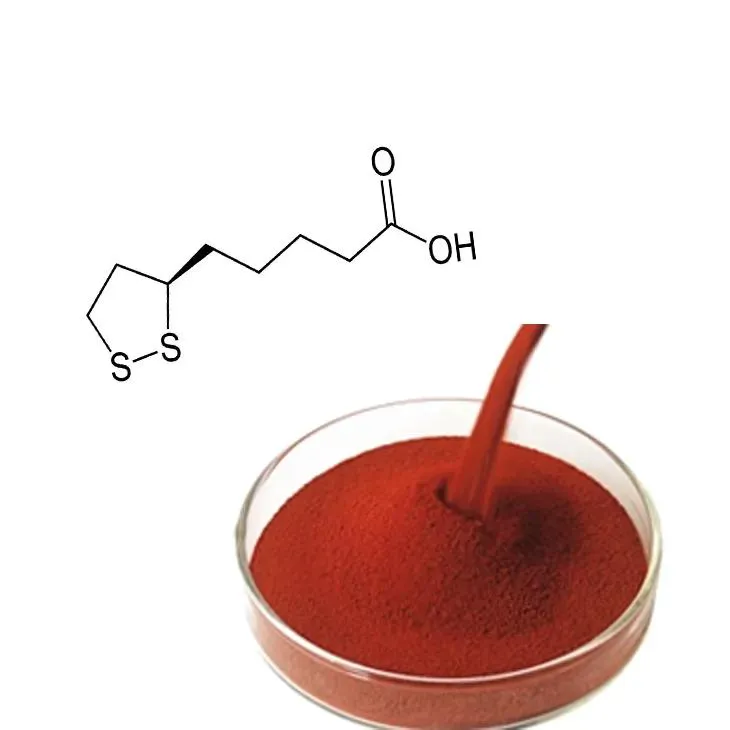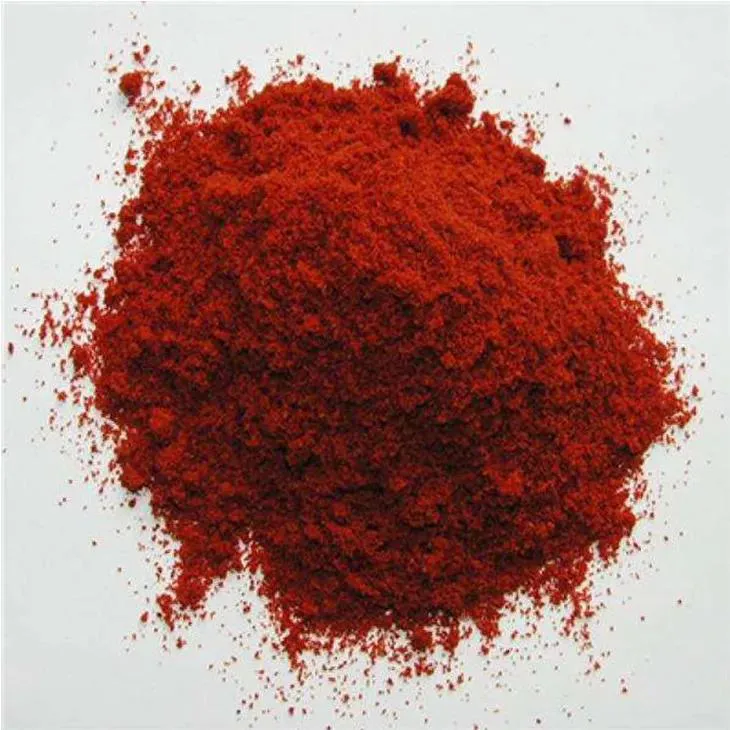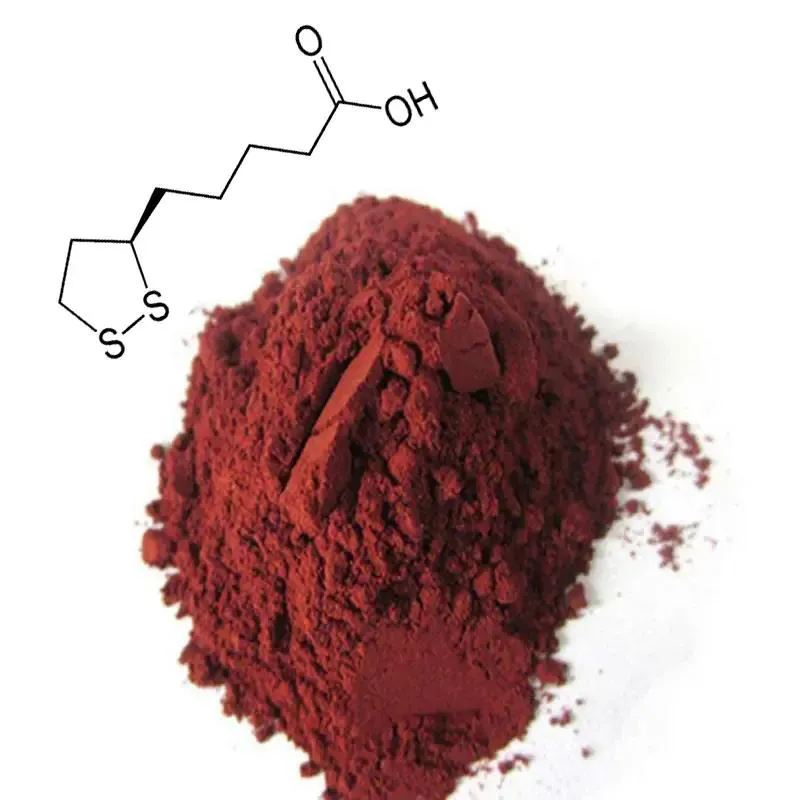- 0086-571-85302990
- sales@greenskybio.com
Sleep Benefits of Astaxanthin: Can This Antioxidant Improve Your Rest?
2025-08-28

In the quest to improve sleep quality and overall wellness, many people are turning to natural supplements for help. Among these, Astaxanthin, a potent antioxidant, is gaining attention. Known primarily for its robust health benefits, Astaxanthin is being researched for its potential effects on sleep quality and duration. This article will delve into whether Astaxanthin can help you sleep better, exploring its properties, benefits, and the scientific evidence behind its use as a sleep aid.
What is Astaxanthin?
Astaxanthin is a naturally occurring carotenoid pigment that gives certain marine species like salmon, shrimp, and krill their distinctive pinkish-red color. It is recognized as one of the most powerful antioxidants in nature, offering numerous health benefits ranging from anti-inflammatory to neuroprotective effects. Unlike other antioxidants, astaxanthin never becomes pro-oxidant in the body, making it a stable and safe option for supplementation.
Derived from microalgae called Haematococcus pluvialis, astaxanthin is available in supplement forms such as capsules, soft gels, and tablets. It is used widely for its antioxidant properties, which support cellular health, protect against oxidative stress, and promote overall vitality.

Understanding Sleep and Its Importance
Quality sleep is essential for maintaining optimal health. Adequate sleep supports physical recovery, cognitive function, emotional regulation, and immune health. Conversely, insufficient sleep is linked to a range of health issues, including anxiety, depression, cardiovascular disease, and impaired cognitive function.
Sleep involves multiple stages, primarily differentiated into Rapid Eye Movement (REM) and Non-REM (NREM) sleep. A good night’s rest requires balanced transitions between these stages, influencing how refreshed you feel upon waking. Given it's critical role, many individuals look for natural ways to enhance sleep quality, and this is where astaxanthin may come into play.

Astaxanthin and its Potential Sleep Benefits
1. Antioxidant and Anti-Inflammatory Properties: Astaxanthin’s potent antioxidant properties help in reducing oxidative stress and inflammation, both of which are linked to sleep disturbances. High levels of oxidative stress can disrupt circadian rhythms and impair sleep, while inflammation is associated with sleep disorders like insomnia and sleep apnea. By countering oxidative damage and inflammation, astaxanthin may promote a better sleep environment.
2. Stress Reduction and Cortisol Regulation: Chronic stress and elevated cortisol levels can undermine sleep and lead to insomnia and other sleep disturbances. Astaxanthin helps mitigate stress by modulating the hypothalamic-pituitary-adrenal (HPA) axis, resulting in decreased cortisol levels. Reduced stress may translate to improved relaxation and sleep quality.
3. Neuroprotective Effects: Astaxanthin exerts neuroprotective effects that support brain health and cognitive function. By safeguarding neural cells from oxidative and inflammatory damage, it may promote better mental relaxation and sleep quality, especially in aging populations where oxidative stress increases.
4. Cardiovascular Benefits: Astaxanthin supports cardiovascular health by improving blood flow, reducing blood pressure, and decreasing LDL oxidation. Enhanced cardiovascular function can contribute to better sleep by reducing nocturnal arousals caused by elevated heart rates or unstable blood pressure.
5. Immune System Support: Sleep and immune health are intricately linked, and astaxanthin boosts immune function by reducing oxidative damage to immune cells. A balanced immune system may reduce sleep disturbances caused by illness or inflammation.

Scientific Evidence on Astaxanthin and Sleep
Research into astaxanthin's direct effects on sleep is still emerging. While several studies highlight its antioxidant and anti-inflammatory benefits, direct clinical evidence regarding sleep is limited but promising.
1. Improvements in Stress and Mood: Some studies suggest astaxanthin can significantly reduce stress levels and improve mood, beneficial for promoting quality sleep. For example, a study assessing the effects of astaxanthin supplementation showed reduced stress markers and improved psychological wellness in participants.
2. Cognitive Function: Trials exploring astaxanthin's impact on brain health have demonstrated improvements in cognitive performance, stress resistance, and feelings of fatigue—factors that often impact sleep quality.
3. General Well-being: Participants in various studies involving astaxanthin supplementation have reported feelings of overall well-being, reduced fatigue, and improved vitality, which are associated with more restful sleep.
While these studies suggest potential sleep-related benefits, more research specifically targeting sleep quality and disorders is needed to develop definitive conclusions.
Considerations for Using Astaxanthin as a Sleep Aid
1. Dosage and Supplementation: Typical astaxanthin supplementation ranges from 4 mg to 12 mg per day. When considering it for sleep benefits, consult with a healthcare professional to identify the optimal dosage tailored to your needs.
2. Quality and Purity: Choose high-quality astaxanthin supplements from reputable brands. Opt for products verified through third-party testing for purity and potency to ensure effective outcomes.
3. Timing: For potential sleep benefits, consider the timing of supplementation. Taking astaxanthin in the morning or early afternoon—aligning with its antioxidant effects—may help regulate energy levels throughout the day.
4. Combination with Other Sleep-Promoting Strategies: Astaxanthin can be part of a holistic sleep improvement plan. Practice good sleep hygiene, establish a regular sleep schedule, create a comfortable sleep environment, and consider complementary supplements like magnesium or melatonin.
5. Safety and Interactions: Astaxanthin is generally considered safe, with few reported side effects. However, individuals with specific health conditions or those taking medications should consult healthcare professionals before adding it to their routine.
Conclusion
Astaxanthin offers a range of potential health benefits, attributable to its robust antioxidant and anti-inflammatory properties. While definitive research on its direct influence on sleep is limited, it shows promise as a supportive supplement in enhancing overall wellness and addressing factors that compromise sleep.
Individuals seeking to improve sleep might consider astaxanthin as part of a comprehensive approach encompassing other lifestyle changes and sleep-promoting strategies. Consulting with healthcare professionals ensures personalized guidance, proper dosing, and potential interactions are considered.
As an emerging area of research, astaxanthin’s role in sleep quality continues to unfold, paving the way for new insights into its applications as part of a natural, holistic sleep support strategy. By combining astaxanthin with mindful lifestyle modifications, individuals can work towards achieving restful and rejuvenating sleep that supports their overall health and vitality.
Green Sky Bio provides the best extracts and supplements. It is a Chinese self-developed brand that is trustworthy! Welcome to email us to inquire about our products.
TAGS:- ▶ Hesperidin
- ▶ Citrus Bioflavonoids
- ▶ Plant Extract
- ▶ lycopene
- ▶ Diosmin
- ▶ Grape seed extract
- ▶ Sea buckthorn Juice Powder
- ▶ Fruit Juice Powder
- ▶ Hops Extract
- ▶ Artichoke Extract
- ▶ Mushroom extract
- ▶ Astaxanthin
- ▶ Green Tea Extract
- ▶ Curcumin
- ▶ Horse Chestnut Extract
- ▶ Other Product
- ▶ Boswellia Serrata Extract
- ▶ Resveratrol
- ▶ Marigold Extract
- ▶ Grape Leaf Extract
- ▶ New Product
- ▶ Aminolevulinic acid
- ▶ Cranberry Extract
- ▶ Red Yeast Rice
- ▶ Red Wine Extract
-
Lemon Extract
2025-08-28
-
Mulberry Extract
2025-08-28
-
Reishi mushroom extract
2025-08-28
-
Cranberry Extract
2025-08-28
-
Grape Seed Extract
2025-08-28
-
Ginger Extract
2025-08-28
-
Sophora Flavescens Root Extract
2025-08-28
-
Konjac Powder
2025-08-28
-
Hawthorn Extract
2025-08-28
-
melatonin extract
2025-08-28





















